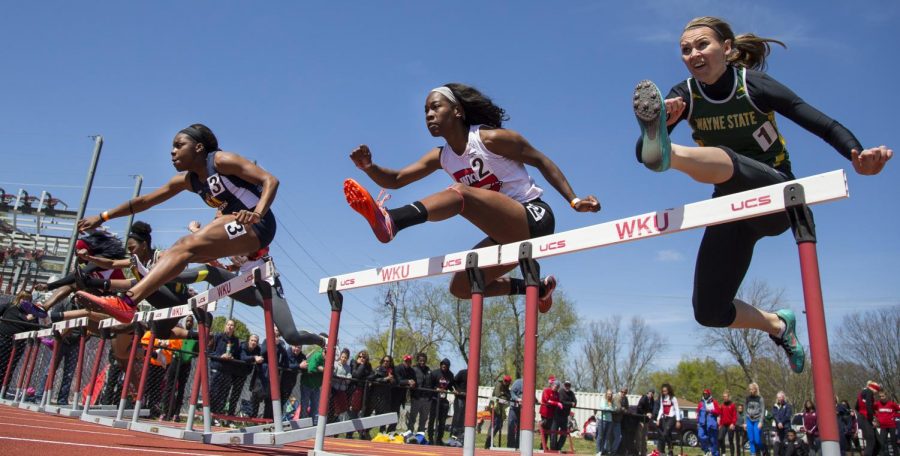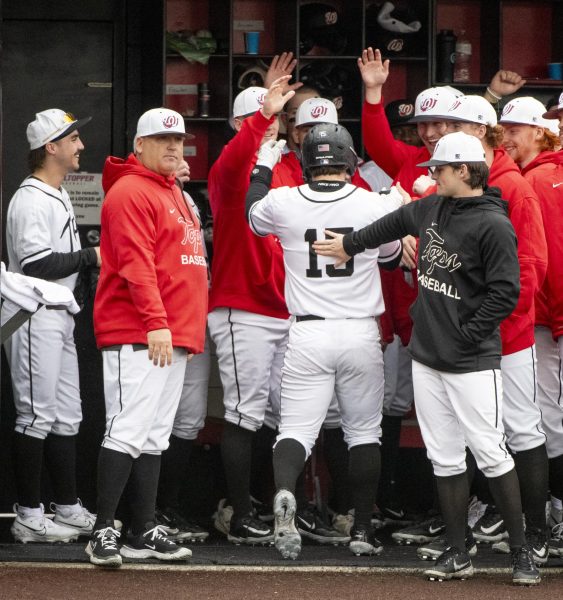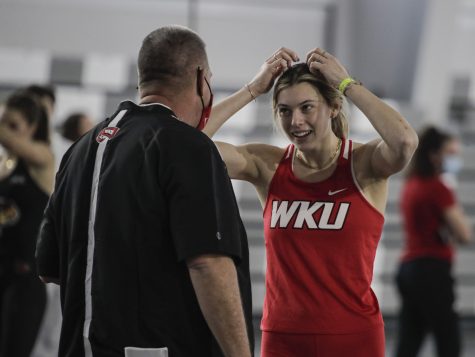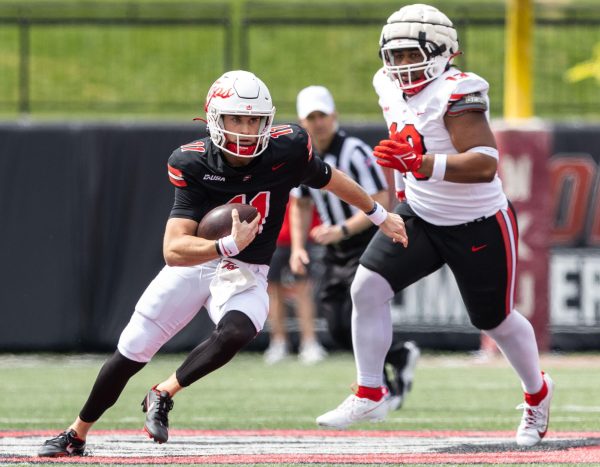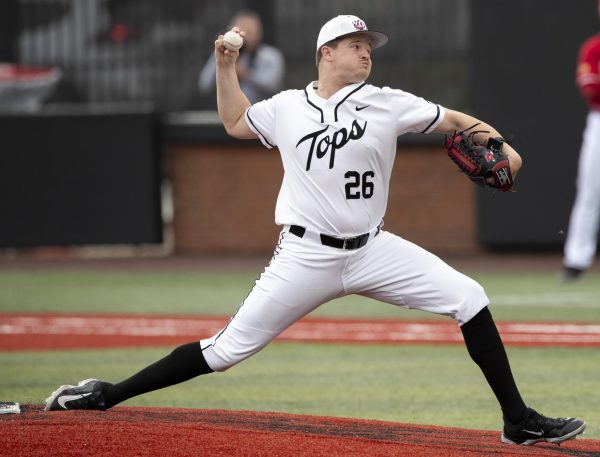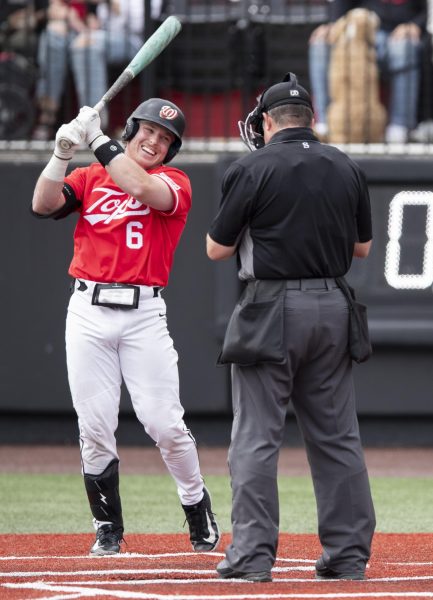Former WKU track and field coach says he was told to stay away from teams after email criticizing budget cuts
May 25, 2016
A former track and field coach who openly criticized WKU for cutting funding to the six-team program has been told he cannot associate with the teams or accompany the teams to NCAA competitions, the former coach said.
Curtiss Long sent an impassioned email to WKU faculty and staff on May 16 defending the track program and urging the Athletic Department to reinstate most of its funding. After sending the email, Long said he was told by current Head Coach Erik Jenkins that he could no longer be involved with the team.
Long said Jenkins told him the directive came from “the Athletic Department.”
“Immediately upon the [email] letter going out, I was informed that I was not to associate with the team, nor could I travel to the NCAA regionals or the NCAA national championships” with the team, Long said Tuesday in an interview with the College Heights Herald. “I don’t know whose decision it was. Coach (Erik) Jenkins simply relayed that the Athletic Department called him and told him that was my situation.”
Long is currently listed on the team website as “Assistant Coach-Emeritus.”
Athletic Director Todd Stewart, whom the Herald tried to reach Wednesday to discuss Long’s status, did not respond to an email seeking comment. Kyle Neaves, assistant athletic director for communications, said Stewart would not be available to comment until next week because he is attending the Conference USA spring meeting in Destin, Fla.
Jenkins also could not be reached for comment. He is at the NCAA regional meet in Jacksonville, Florida.
Long was first hired at WKU in 1980 to head the men’s track and field program. Long took on additional duties in the spring of 1982 when he took over the women’s program. Jenkins was an assistant coach under Long for nine years before taking over the program in 2009.
In the email that prompted the directive for Long to no longer be involved with the track and field teams, Long was critical of how the Athletic Department dealt with university-wide budget cuts, which resulted from reductions in state funding to WKU and, in the Athletic Department’s case, from reduced payments for television rights from Conference USA.
“The athletic department’s answer was to cripple the men & women track & field programs by having them bear the brunt of the entire department’s obligations,” Long wrote in the email, which was sent to all WKU faculty and staff members. “This included a 50% cut in scholarship and operating budget as well as the elimination of two positions on the coaching staff.”
Long contended the cuts were unfair and rather should come in smaller amounts from all of the 16 teams WKU fields. He suggested across-the-board reductions of 3 percent.
While Stewart did not comment on Long’s status, Neaves provided the Herald with an email that Stewart sent to the Athletic Department staff after Long sent his email criticizing the cuts to track and field.
In Stewart’s email, he said that Long’s mass email contained “blatant falsehoods … disseminated as facts.”
One such falsehood, according to Stewart, was that Long claimed, “Approximately 500,000 dollars of this reduction is in student/athlete scholarships and that this reduction will put WKU perilously close or below the 200-scholarship requirement.”
Stewart said in his email that WKU is “in no danger of falling below NCAA Division I minimum scholarship requirements.” Stewart said NCAA regulations require schools to offer “the equivalent of 200 scholarships OR $4 million in total scholarship grant in aids.” Stewart said WKU is projected to offer $5 million in grants in aid in 2016-17.
“There was a caveat that I was not aware of,” Long said to the Herald. “I apologize up front for not knowing. That was ignorant, but I hope they don’t perceive the rule that way because the cost of education has so skyrocketed. This rule was there for the expensive schools.”
Stewart also contended that Long’s email was incorrect in saying that “student money is being transferred to the operating budgets of revenue producing sport programs to offset a dip in revenue.”
In his response, Stewart said the money cut from the track and field program is simply gone because of budget cuts, not moved elsewhere.
Long, in his email, said the cuts to track and field surprised him because the teams – with their racial and ethnic diversity, the inclusion of women’s teams and the program’s overall success in winning championships – fit so well with WKU’s mission statement.
“I’m just interested in the student athlete,” Long told the Herald. “I’m also interested in not putting out teams that are automatically going to be non-competitive simply so that we can meet NCAA criteria.”
Long also said he was not trying to speak for the track and field program or for WKU.
“I have no personal gain in any of this,” Long said. “I just simply want to take care of the children that have been given to us and we are responsible for them. That should be our first priority.
“I’m not on a crusade against the athletic department. I feel blessed that I was part of the track and field program for 36 years.”

